Long ago, ancient people learned to drink tea. Today, tea has been elevated to the status of a national health-preserving beverage. The benefits of drinking tea are well-known.
Although tea is a healthy drink, it is not a cure-all. Drinking tea incorrectly can still affect your health. In fact, there are many taboos in tea drinking, with nine being the most common.

1. Avoid drinking moldy tea
If it's moldy, need we say more? Moldy tea contains various mold toxins that can severely damage your internal organs and pose significant health risks.
Many tea enthusiasts who have collected aged teas like Lao Ban Zhang may find them moldy due to storage issues. Though it’s heartbreaking to discard such expensive tea, drinking it can lead to stomach issues. No matter how precious the tea, if it’s moldy, throw it away—it’s not worth the risk.
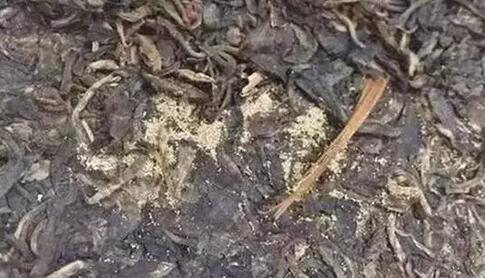
2. Avoid over-steeped tea
No type of tea leaves should be steeped for too long. Over-steeping makes the tea too concentrated, and some substances that are not easily soluble in water may leach out, which can be harmful. Therefore, even the best tea should be drunk immediately after brewing, and the tea leaves should be separated from the liquid.
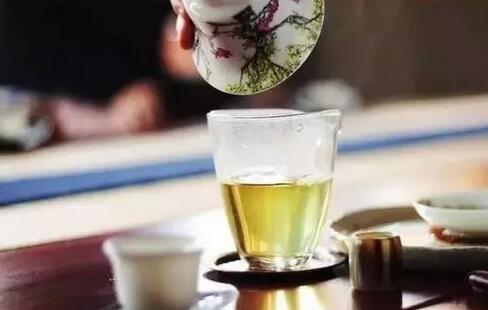
3. Avoid overnight tea
This issue is similar to "Can you eat overnight food?" Even if you can, no one prefers it. Brewed tea left overnight can breed large amounts of bacteria, irritating the stomach and causing inflammation, much like spoiled food. Strictly speaking, tea that has been left out for a while should not be consumed.
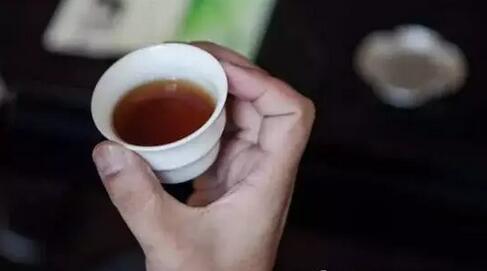
4. Avoid burnt tea
Burnt tea refers to tea leaves that have been over-roasted, with charred edges and spots, giving off a burnt smell. Such tea loses its original nutrients and may contain carcinogens.
Severely burnt tea, like other charred foods, can produce "3,4-benzopyrene," a dangerous carcinogen. Accumulation of this substance in the body can lead to cell mutations and increase cancer risk.
From both a taste and health perspective, burnt tea should be avoided. However, it can be used to absorb moisture in damp areas.
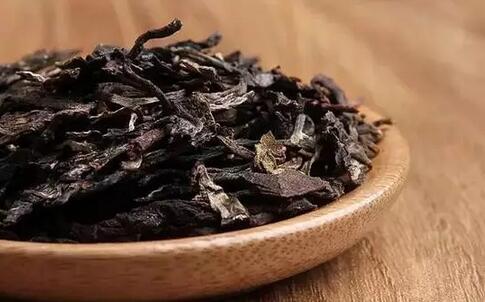
5. Avoid contaminated tea
Contaminated tea refers to tea that has absorbed other odors during storage. Tea leaves have strong odor-absorbing properties and can easily pick up smells from their environment. Such tea loses its value, especially if it absorbs toxic odors like paint, camphor, or refrigerator smells. Long-term consumption can harm the respiratory system and cause allergic reactions.
Moreover, who would want to drink tea with such strong, unpleasant smells? Always check tea for contamination before drinking.
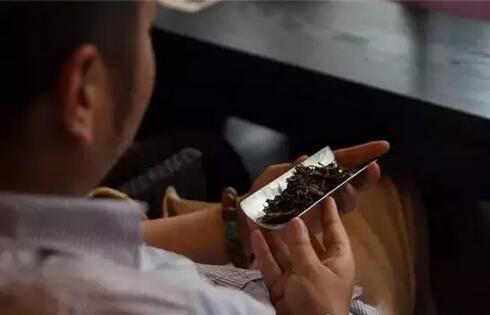
6. Avoid cold tea
Tea is best consumed warm. Cold tea can cause stagnation, phlegm, and over time, reduce gut immunity, leading to damp-cold symptoms. This is especially true for those with rheumatism, menstrual pain, gout, chronic digestive issues, gastritis, enteritis, migraines, pharyngitis, or low immunity.
Women with weaker constitutions should avoid cold or iced tea. Indulging in cold drinks in summer might lead to discomfort in winter.

7. Avoid strong tea
Strong tea contains high levels of stimulating caffeine and theophylline, which can cause insomnia, headaches, tinnitus, heart discomfort, and stomach issues. As the folk saying goes, "Light, warm tea is most nourishing."
Some tea lovers prefer strong tea, but unless you have a robust constitution, it’s best to drink it sparingly.
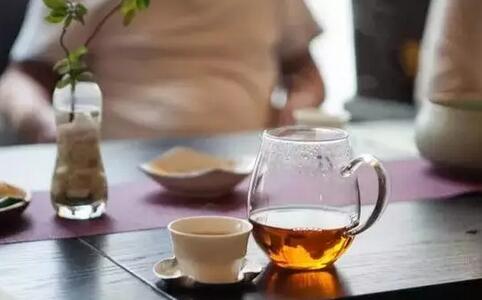
8. Avoid scalding tea
Extremely hot tea can irritate the mouth, throat, esophagus, and stomach. Many tea drinkers love "scalding tea," but research shows that beverages above 62°C can damage the stomach lining, lead to gastric diseases, and even increase the risk of oral cancer. Let your tea cool slightly before drinking.
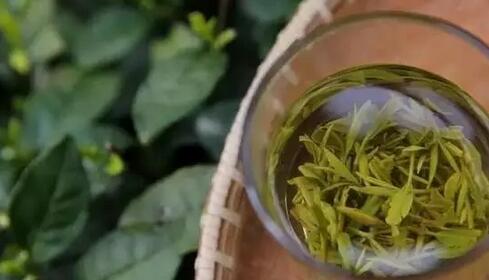
9. Avoid drinking tea on an empty stomach
Drinking tea on an empty stomach can irritate the spleen and stomach, reducing appetite and causing indigestion. New tea drinkers who consume too much strong tea on an empty stomach may experience "tea drunkenness," with symptoms like palpitations, dizziness, weakness, and confusion.
If tea drunkenness occurs, eat something, suck on candy, or drink sugar water to alleviate the symptoms.

All foods and beverages should be consumed in moderation. As a famous ad once said, "Good wine should not be overindulged." Tea is a healthy drink, but it’s neither a cure-all nor suitable for everyone.
Those with severe neurasthenia, ulcers, gastritis, or pregnant women should avoid tea and opt for more suitable beverages. Drink tea according to your body’s needs and limits!